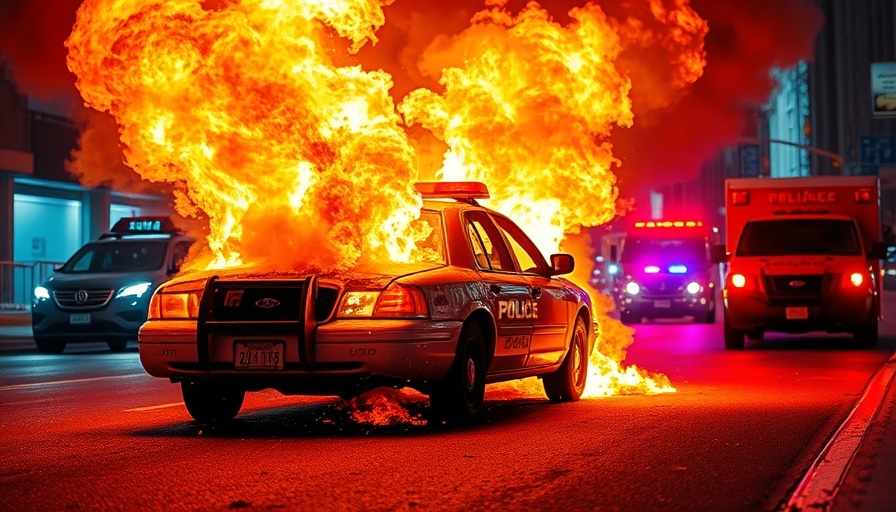
The Significant Cost of Justice in the Karen Read Case
Recent records reveal that prosecutors have spent over $1.4 million retrialing Karen Read, accused of fatally striking Boston police officer John O’Keefe with her SUV in 2022. This staggering amount is more than 25 times the cost of her initial trial, which ended in a mistrial, highlighting the extensive financial burden that can accompany high-profile criminal cases.
Unpacking the Expenses
Norfolk County District Attorney's Office records show that the retrial involved a budget of $850,000 spent on expert witnesses and additional prosecution costs. The bulk of this expenditure went to hiring various specialists, including crash reconstruction experts and forensic scientists, marking a significant escalation in trial preparation costs. Notably, special prosecutor Hank Brennan received $566,000, reflecting the resources allocated to pursue a successful conviction after the initial trial’s failure.
Expert Witnesses: Key Players in High-Stakes Trials
Among the long list of consultants hired for the retrial, certain experts commanded impressive fees. For instance, a crash reconstruction company earned approximately $600,000, showcasing the crucial role that expert testimony plays in swaying jury perspectives and bolstering a case. The prosecution also employed a neurosurgeon for over $28,000, demonstrating the level of detail and professional input deemed necessary in a complex case like Read's.
Community Reaction and Implications
The immense financial investment into the retrial has sparked discussions among community members regarding the ethical implications of such expenditures in the justice system. Taxpayers’ money supports these legal battles, and many question whether such costs are justified, especially in cases that culminate in acquittals. It raises awareness of the spectrum of justice for those involved, from the accused to the victims’ families, revealing the multifaceted implications of legal proceedings.
Conclusion: A Call for Reflection
The financial landscape of criminal retrials like Karen Read’s not only underscores the complexities of the legal system but also calls into question the effectiveness of resource allocation in the pursuit of justice. As we continue to dig into such significant expenditures, it opens the door for broader conversations about transparency, accountability, and ethical considerations within our judicial system.
 Add Row
Add Row  Add
Add 




Write A Comment